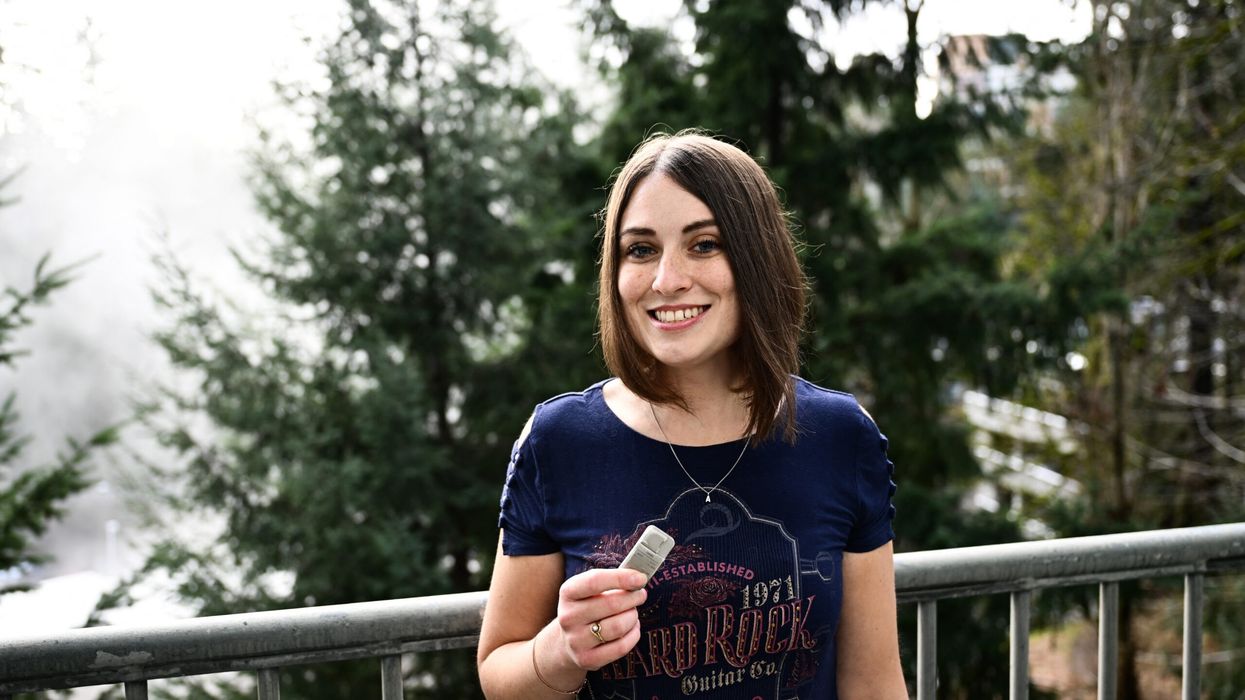AMBER PEARSON used to wash her hands until they bled, terrified by the idea of contaminations – a result of her obsessive-compulsive disorder or OCD. But the repetitive rituals of her condition are largely consigned to memory, thanks to a revolutionary brain implant that is being used to treat both her epilepsy and her OCD.
“I’m actually present in my daily life and that’s incredible,” the 34-year-old Ameican said.
“Before this, I was just constantly in my head worrying about my compulsions.”
Doctors have known for decades that precisely applied electrical stimulation can affect the way the brain operates.
Such deep-brain stimulation is used in the treatment of Parkinson’s disease and other conditions affecting movement, including epilepsy.
Brain implants have hit the headlines recently with Elon Musk’s announcement that his Neuralink company had placed a chip in a patient’s head, which scientists hope will ultimately allow people to control a smartphone just by thinking about it.
Pearson’s doctors offered her a 32-millimetre (just over an inch-long) device to treat her debilitating epileptic seizures, confident it would be able to detect the activity that causes the episodes and deliver a pulse to interfere with them.
It was then that Pearson herself had something of a lightbulb moment. “It was her idea to say: ‘Well, you’re going into my brain and putting this wire and I have OCD, so can you just put a wire for OCD?’,” recalls neurosurgeon Ahmed Raslan, who carried out the procedure at Oregon Health and Science University in Portland.
“And you know, luckily, we took that suggestion seriously.”
There had previously been a study on the use of deep brain stimulation for people suffering from OCD, but Raslan said it had never been combined with treatment for epilepsy.
Doctors worked with Pearson to see exactly what happens in her brain when she gets trapped in an obsessive loop.
The technique involved exposing her to known stressors – in this case, seafood – and recording the electrical markers.
In this way, they could effectively isolate the brain activity associated with her OCD.
They could then configure her implant so that it would react to that specific signal.
The dual-programme device now watches for brain activity associated both with epilepsy and with OCD.
It is “the only device in the world that treats two conditions,” said Raslan.
“And it’s programmed independently. So the programme for epilepsy is different than the programme for OCD.”
He said, “This is the first time in the world that’s been done. Usually, we think of devices either for OCD or for epilepsy.
Raslan said a study is now under way at the University of Pennsylvania to see how this technique can be more widely applied too give relief to the 2.5 million OCD patients in the US.




